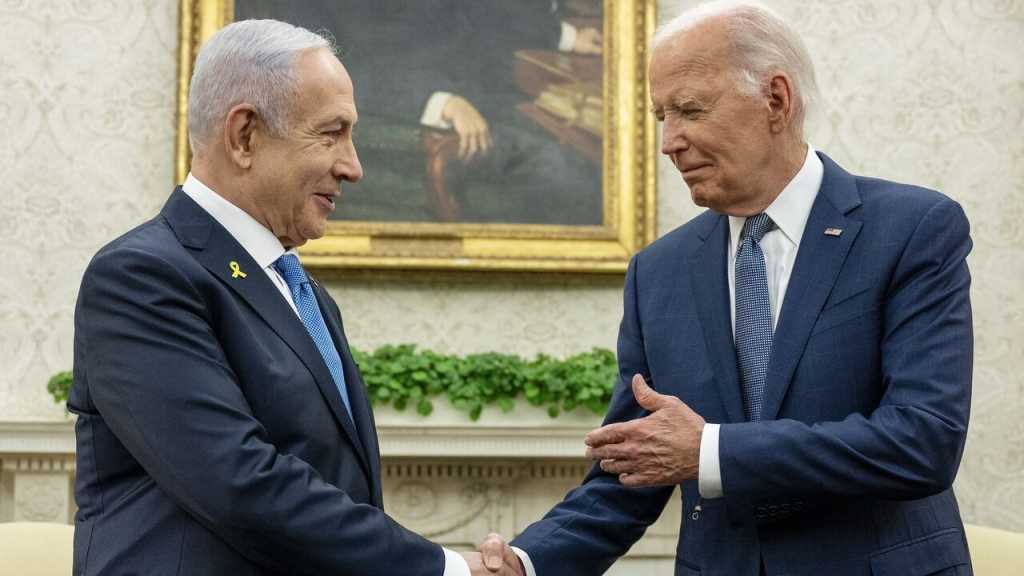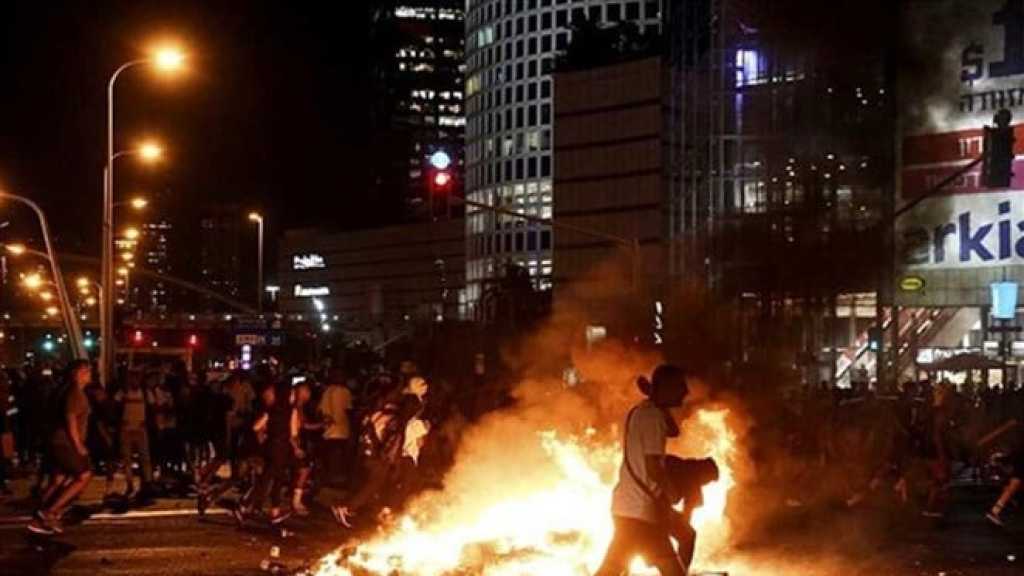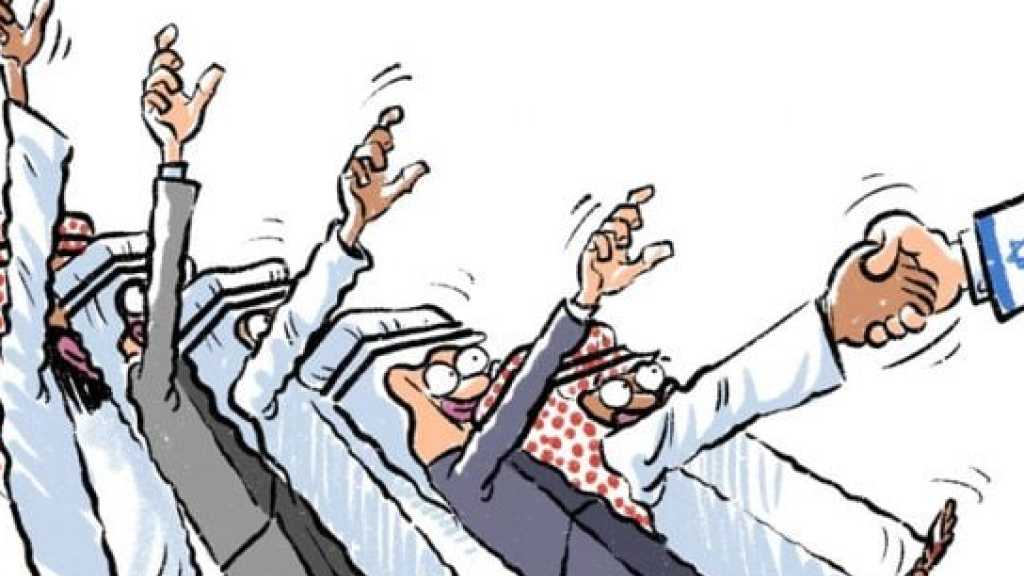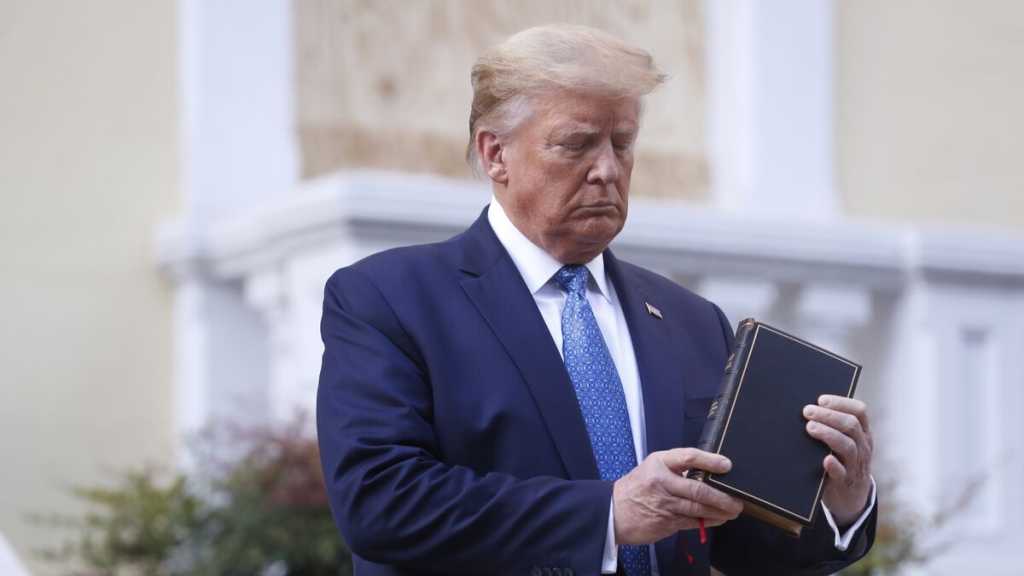Sayyed al-Houthi Warns Saudi-led Coalition: Our Missiles Can Reach Abu Dhabi
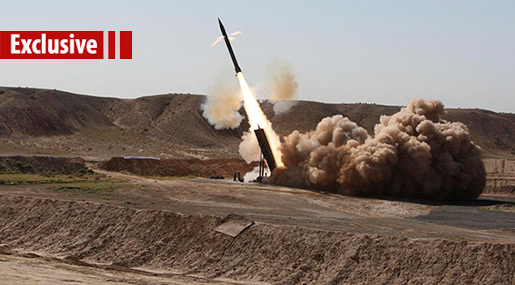
Darko Lazar
In March 2015, the Saudi-led military campaign against Yemen was ambitiously named "Operation Decisive Storm". Nearly three years into the conflict, and Riyadh's war can be described as anything but "decisive".
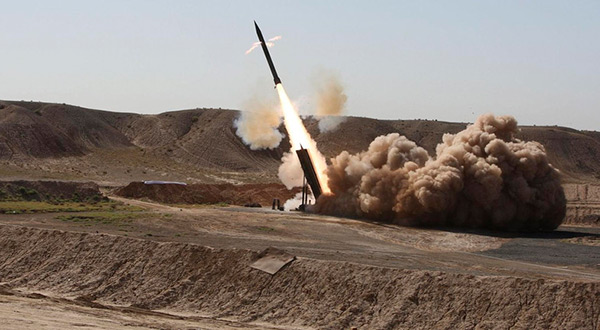
Sparking the worst cholera epidemic in generations and leaving millions facing starvation, the Saudis and their allies have killed tens of thousands of Yemenis, while failing to achieve any of their stated military objectives.
"The Saudis planned to bomb the Houthis [Ansarullah] into submission and that clearly didn't work. The two-year campaign is a failure. The Houthis were not defeated and they are stronger," says Yemen expert Nadwa al-Dawsari.
Although this new reality has given way to an increasingly desperate Saudi monarchy attempting to claw its way out of the Yemen quagmire, there are still those within the coalition's security structure that believe they can have ‘peace with honor' by forcing Ansarullah to make more concessions at the negotiating table.
Their strategy appears to revolve around the capture of the crucial Houthi-controlled port in Yemen's Hodeidah, which would choke off the only supply route for the country's desperately-needed food aid, exacerbating the already dire humanitarian catastrophe.
In response, Ansarullah's leader, Sayyed Abdel-Malek al-Houthi, issued a stern warning to the members of the coalition.
In a televised speech on Thursday, Sayyed Houthi said that his group's ballistic missiles were capable of reaching the United Arab Emirates [UAE], its capital Abu Dhabi, as well as any location inside Saudi Arabia.
"Today the port of Hodeidah is being threatened and we cannot turn a blind eye to that," he said. "We have to take steps that we haven't taken before."
Reuters reported that it "was unclear whether the Houthi group has the capability to carry out its threats."
But according to an Ansarullah activist, Hussein al-Boukhaiti, the preparations have already been completed.
"About a week ago, they [Ansarullah] launched a ballistic missile towards the United Arab Emirates, it was a test missile," al-Boukhaiti explains.
Citing sources close to the group's military wing, he says, "we know the missiles can reach Abu Dhabi".
"Abdul Malik Al Houthi is not going to say something that he isn't capable of doing," al-Boukhaiti adds. "If you remember Riyadh; he said we can hit Riyadh and people doubted the group's capacity, the same way they are doubting it now. But after a couple of weeks they launched several missiles towards Riyadh."
The Saudi dissident and director of the Institute for Gulf Affairs, Ali al-Ahmed, believes that Houthi's comments "will affect the UAE's approach to the conflict because if one missile lands in a place like Dubai, the country stands to lose billions of dollars."
Known for luxury shopping, ultramodern architecture and a lively nightlife scene, Dubai is practically a stone's throw away from Abu Dhabi. Any disruption of its image as a safe regional business and tourist hub could be catastrophic for the UAE and the entire Gulf Cooperation Council [GCC].
The UAE's ambition
When Riyadh unleashed its "storm" on Yemen, it was understood that the Saudis would be doing most of the heavy lifting, with other coalition members making primarily symbolic contributions.
But as the bloody conflict dragged on, some withdrew their participation altogether, while others stepped up their involvement.
In the lead-up to its bold entry into the fray in Yemen, the UAE sent security forces to neighboring Bahrain to crush a popular uprising in 2011, while playing an instrumental role in propping up an insurgency that toppled Libya's Moammar Qaddafi.
The progression of the Yemeni conflict also led to the evolution of the UAE's agenda and its ambitions. Today, the Gulf state is determined to project a more assertive image of a powerful military force capable of influencing the outcome of Middle Eastern conflicts on behalf of its own national interests.
These interests have not only put the UAE on a collision course with the Saudis at times, but have also made it a more strategic target for the Ansarullah-led alliance.
The timing of Sayyed Houthi's decision to unveil Ansarullah's capabilities to strike targets in the UAE is also interesting.
The Emiratis are reportedly spearheading efforts to try and create a power struggle in Sanaa, in the hope of undermining Yemen's alliance against the Saudi-led coalition.
During his address on Thursday, Sayyed Houthi intentionally broached the subject, letting Yemen's enemies know that the country's different parties had reached an agreement on "political stability."
The question now is whether the Saudis and their coalition partners will heed Sayyed Houthi's warnings, or whether they insist on a demonstration of Ansarullah's capabilities with potentially disastrous consequences. The chosen course of action will certainly be of interest to all the major players involved in this bloody, unending conflict.
Source: Al-Ahed News

